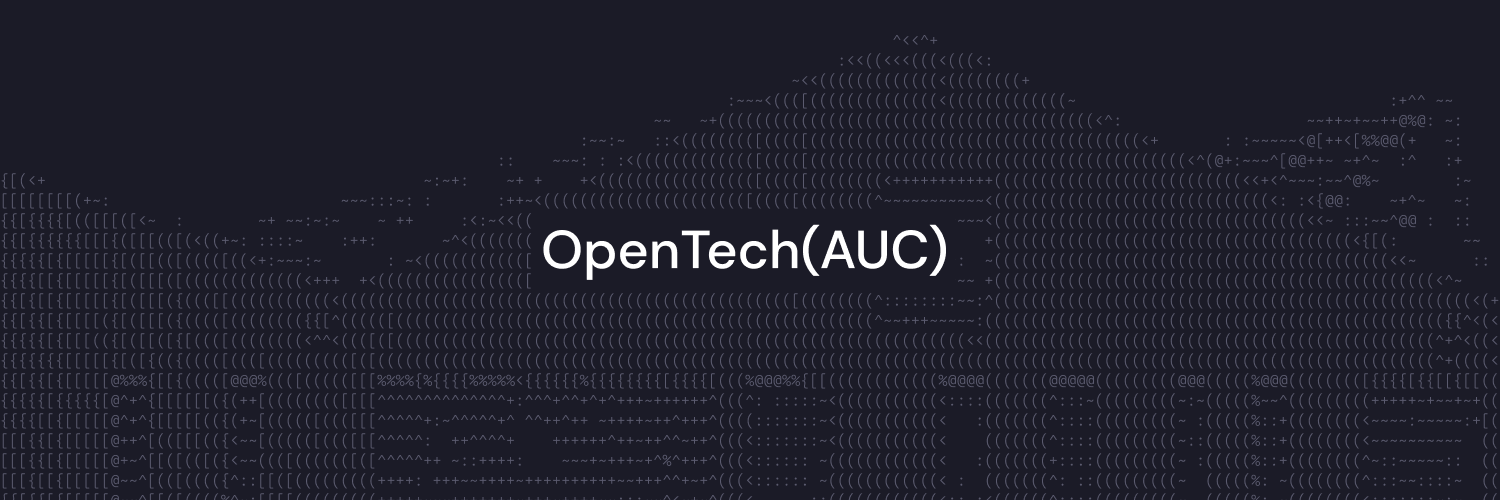
Yes the author refers to a couple of archives.
Libgen, the one that we are most familiar with, is particularly useful for students/academics in the social sciences/humanities, as it has a large repository of books (old and new) in those disciplines.
Sci-hub, in contrast, is more useful for peer reviewed articles.
Interestingly the author is not that worried about books on math and physics since, as he argues, "simply paying close attention to reality" will recreate those ideas.
The Slow Cancellation of Online Libraries
On the probable demise of #Libgen and the need for private offline #libraries.
https://networkcultures.org/blog/2024/09/22/henry-warwick-the-slow-cancellation-of-online-libraries/
Today the @EUCommission backs down and fails to curtail Twitter:
"...X also submitted rebuttal arguments, explaining why its online social networking service should not, in its view, qualify as an important gateway between businesses and consumers, even if X is deemed to meet the quantitative thresholds set out in the DMA."
"..the Commission concluded that X does indeed not qualify as a gatekeeper in relation to its online social networking service.."
(1/2)
"As I tried to follow the UK riots from Brussels using X, time and again I saw von der Leyen's carefully coiffed Christian-Democrat torso issuing some polite EU statement, while sandwiched ... between video-clips getting off on anti-migrant violence, pro-Russian bots, and OnlyFans links."
\~@vonderleyen is on Mastodon where are the others?\~
(Actually @vonderleyen is an unofficial automated mirror, thanks @oilheap for pointing that out).
We are students and staff at Amsterdam University College. We care about Open Standards, Free Software, and Open Data.